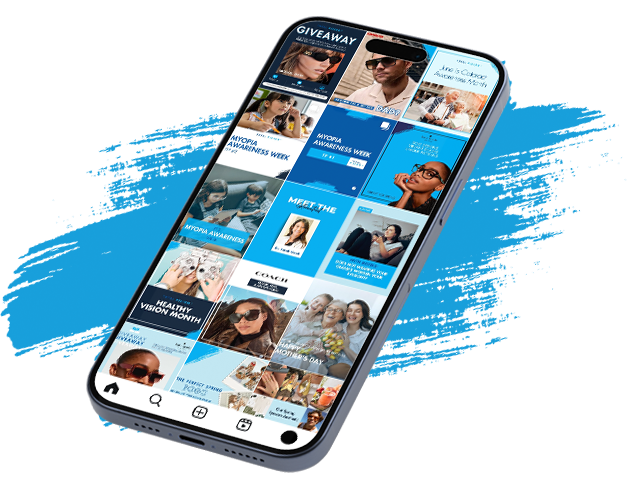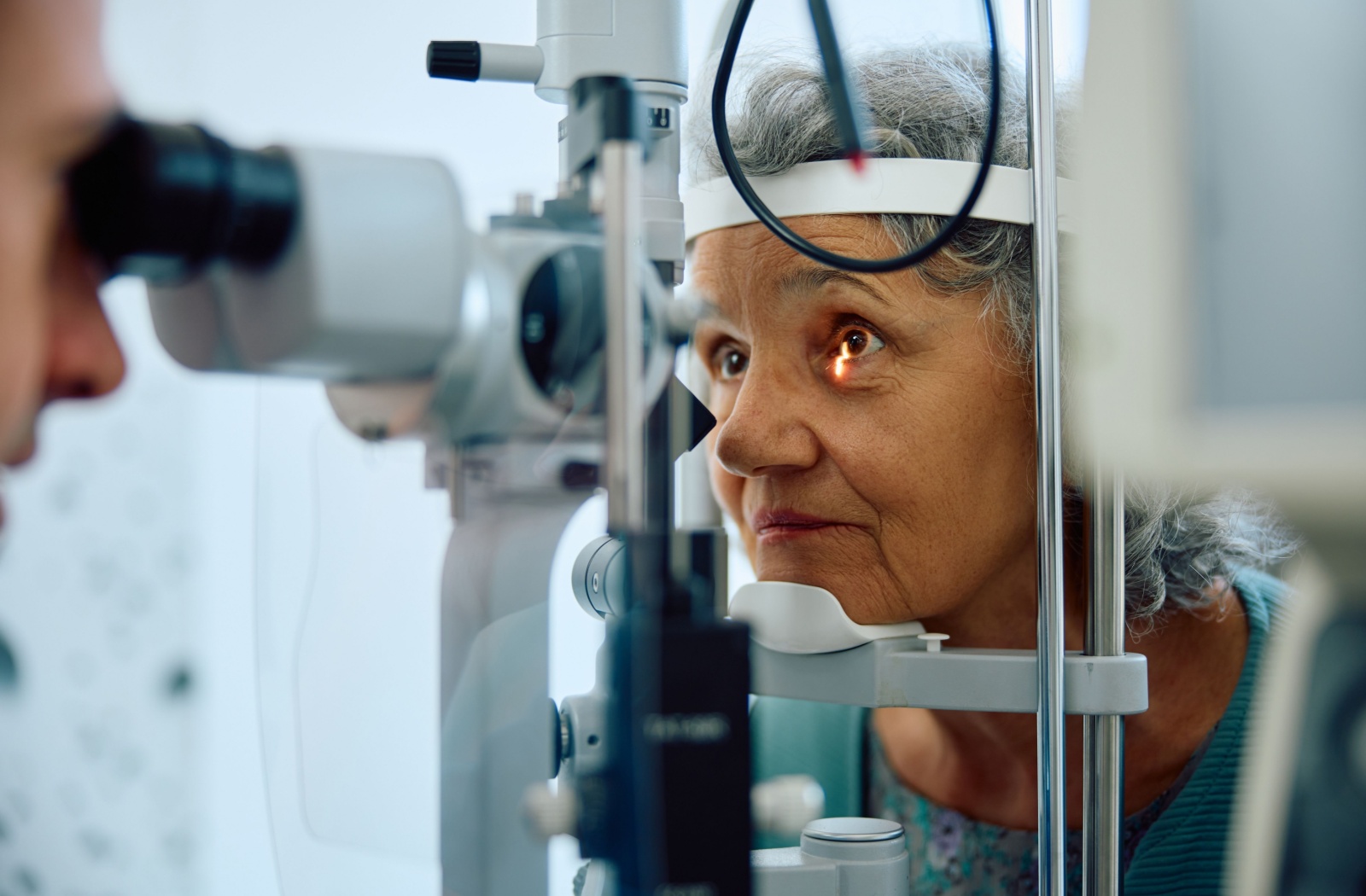
Total Myopia Program
Myopia, also known as nearsightedness, is a common refractive error that affects lots of children. Myopia causes distant objects to appear blurry and our team screens for myopia in each child’s eye exam. We work with you and explore myopia control methods that can help your kids enjoy clear, healthy vision.
We are also thrilled to announce the “Total Myopia” program!
The Total Myopia medical professionals and their dedicated team employ modern technology to assess, care for, and develop tailored treatment strategies for every patient. These comprehensive strategies include:
- Customized eye drops, soft multifocal contacts, and overnight lenses
- A systematic approach with scheduled follow-up appointments to help sustain eye health through consistent medical oversight and management
- Assessments aligned with the individualized treatment plan for each patient
- Thorough training on the proper usage, insertion, and removal of contact lenses
- An ongoing maintenance regimen for effective myopia control, with a focus on achieving lasting results
Focus on Clear Vision
Myopia is the clinical term for nearsightedness. It makes distant objects appear blurry or out of focus while nearby objects remain clear.
Nearsightedness is one of the most common vision problems in the US.
While myopia usually means corrective eyewear is an everyday reality—and gives us an excuse to rock our new glasses—it’s becoming more common and presenting an increased risk to vision and eye health worldwide.

What Is Myopia?
Myopia is a refractive error, meaning it affects the way your eye refracts light. In order to see clearly, light has to land on the retina, the light-sensitive tissue at the back of your eye. An eye with myopia is either too long, or has a cornea (the clear dome on the outer eye) that’s too steep, so light lands in front of the retina instead.
Since myopia is an error with the way your eye refracts light, eyeglasses, contact lenses, and laser eye surgery are commonly used to correct it.
Myopia generally begins in childhood, and as children develop it at earlier ages, high myopia is becoming an area of concern. High myopia increases a person’s risk for:
Myopia in Children
Our eyes grow fastest during childhood and slow down during adolescence. Myopia most commonly develops in school-aged children between ages 6 and 12, while the eyes are growing.
Children who develop myopia around age 6 to 8 have more time for their myopia to progress than those who develop it later. And so younger children with myopia have a greater chance of developing high myopia and all the risks associated with it.
There’s no known cause of myopia, but several factors are thought to contribute to it:
- Genetics
- Urbanization
- Increased near work
- Reduced time spent outdoors
Myopia Control Methods
While there’s no cure for myopia, recent studies show several effective methods of slowing myopia progression.
Orthokeratology Contact Lenses
Orthokeratology (Ortho-k) uses specialized rigid gas-permeable contact lenses to flatten the cornea, changing how light refracts when it enters the eye.
These lenses are worn overnight and removed in the morning, granting clear vision during the day without glasses or other contacts. But the effect is temporary: if your child stops wearing them, their corneas will return to normal.
Atropine Eye Drops
A low dose of atropine eye drops used before bed has been proven to slow myopia progression. It’s most effective for children between 8 and 15.
Peripheral Defocus Contact Lenses
These specialty contact lenses work by creating various areas of focus. The inner circle provides clear distant vision while the outer rings defocus peripheral vision. Blurring this side vision is believed to slow myopia progression.
Support Your Child’s Vision With Myopia Control
If your child has been diagnosed with myopia and you’re curious about the available options, then please book a children’s eye exam today! Our knowledgeable eye care team can answer all your questions and help you choose the best path for your child’s eyesight.
Our Location
We’re conveniently located off Sports Arena Boulevard, right next door to Phil’s BBQ in the Midway District. There’s tons of parking and an accessible stall right in front of our door. Same day appointments available! Welcoming new patients.
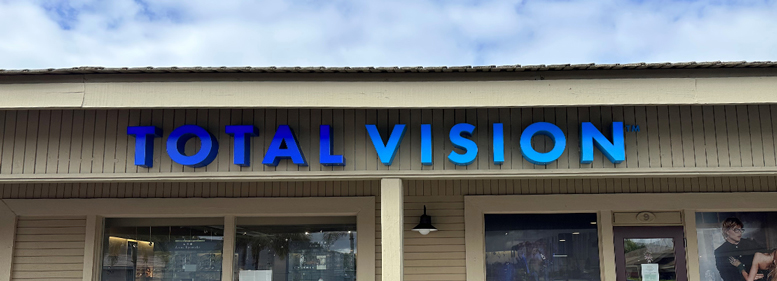
Our Address
- 3750 Sports Arena Blvd.,
Suite 9 - San Diego, CA 92110
Contact Information
- Phone: 619.224.2879
- Email: [email protected]
Our Hours
- Monday: 8:00 AM – 5:00 PM
- Tuesday: 8:00 AM – 5:00 PM
- Wednesday: 9:00 AM – 6:00 PM
- Thursday: 8:00 AM – 5:00 PM
- Friday: 8:00 AM – 5:00 PM
- Saturday: Closed
- Sunday: Closed
Our Eye Care Services
Our Brands


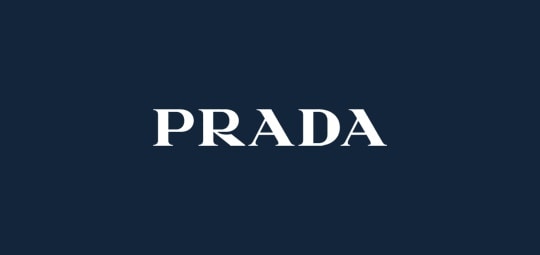

Our Google Reviews

Our Blog
Can Seasonal Changes Affect Vision and Eye Comfort?
Eye HealthFrom the bright sun of summer to the dry air of winter, each season brings unique challenges for your vision and eye comfort. […]
How Long Does a Vision Test Take?
Eye ExamsA complete eye exam often lasts between 30 to 60 minutes. […]
Are All Eye Exam Charts the Same?
Eye ExamsNo, the letters on an eye exam chart are not always the same, and for a very good reason. We use different versions of the chart to get a true and accurate measurement of your vision during your eye exam. […]
Can Seasonal Changes Affect Vision and Eye Comfort?
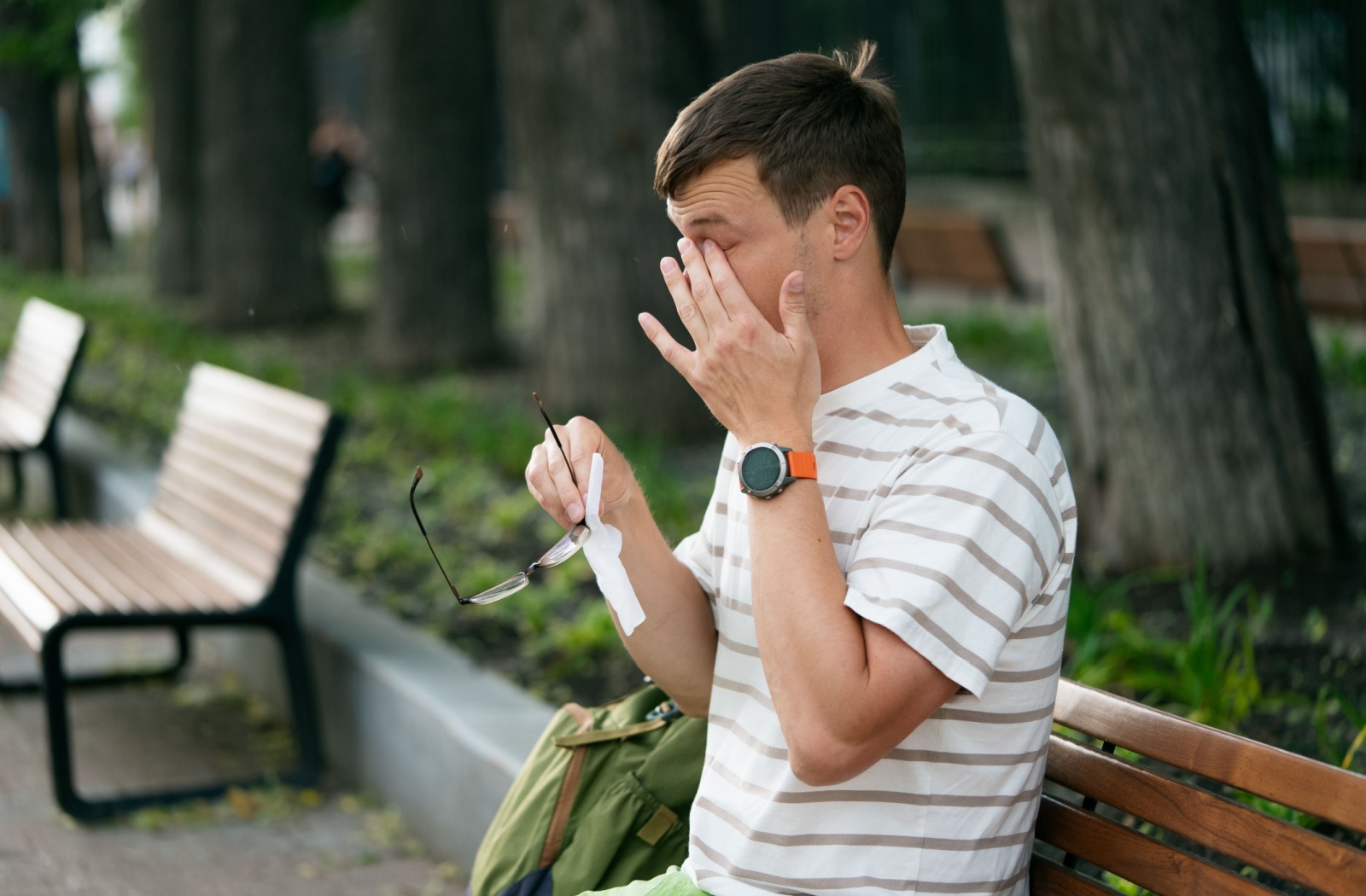
From the bright sun of summer to the dry air of winter, each season brings unique challenges for your vision and eye comfort. […]
How Long Does a Vision Test Take?
Are All Eye Exam Charts the Same?
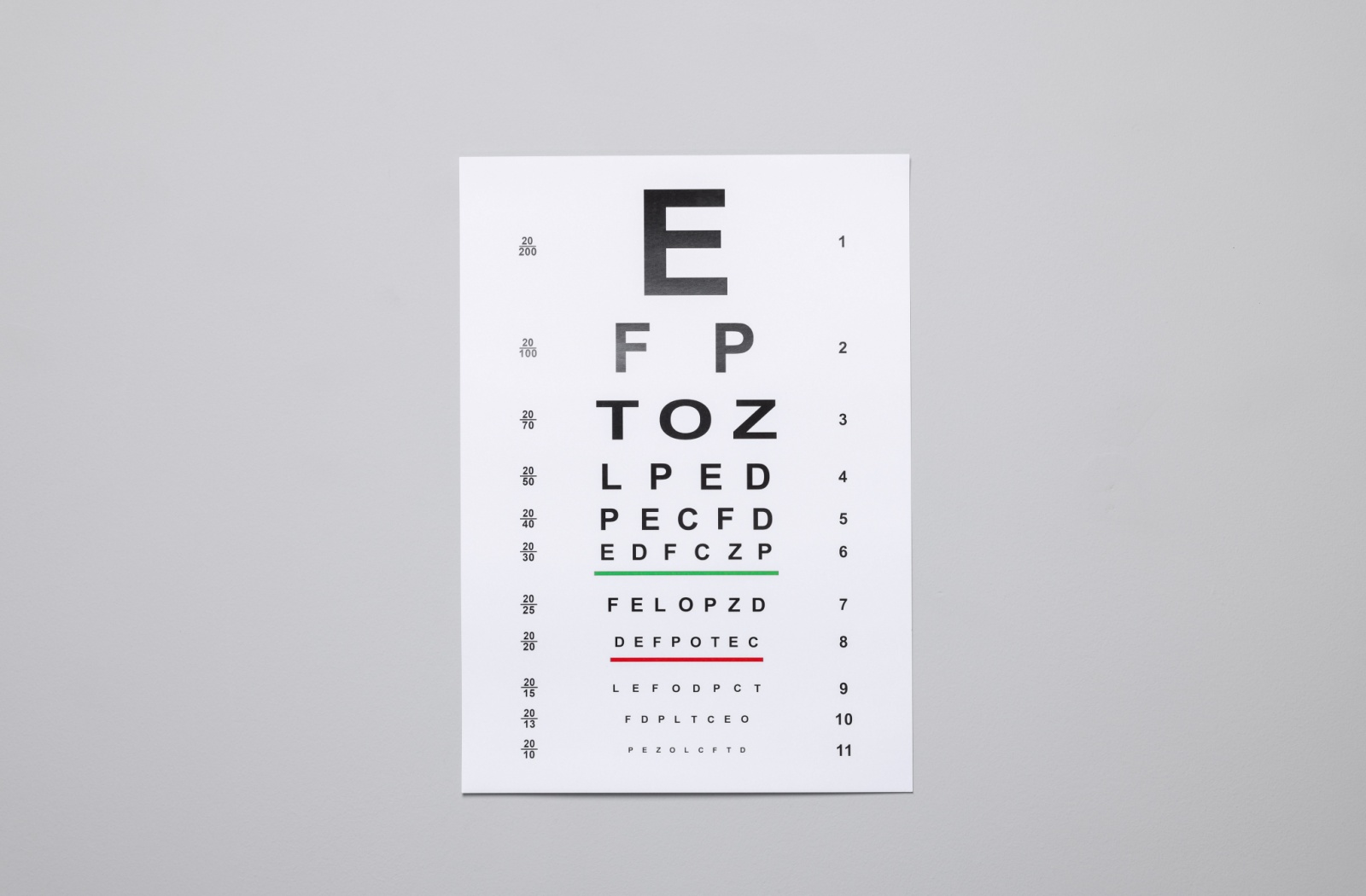
No, the letters on an eye exam chart are not always the same, and for a very good reason. We use different versions of the chart to get a true and accurate measurement of your vision during your eye exam. […]
Be the First to Know,
Be the First to Win.
From eye health insights to exclusive giveaways, your feed just got a lot clearer.
